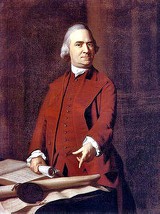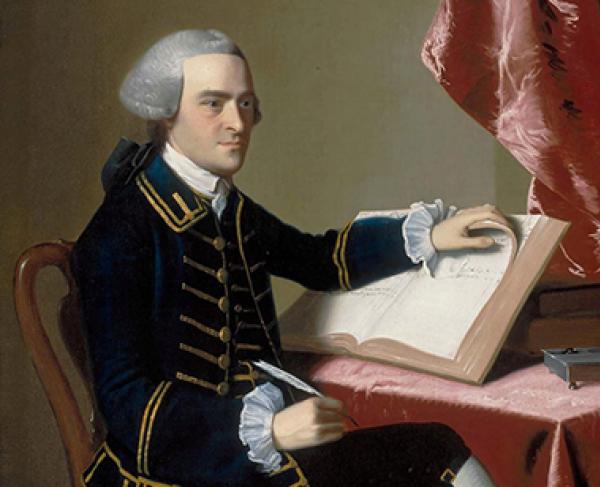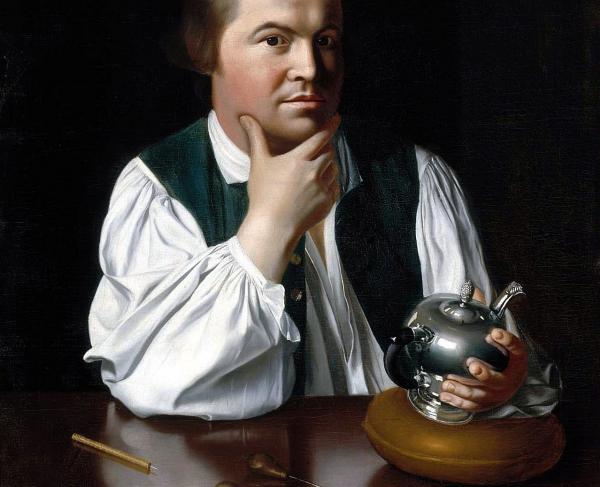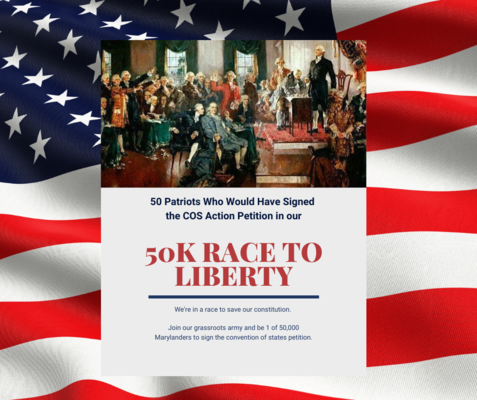The American colonial concept of rebellion and protest arose from a small group of Boston businessmen and their dissent of the Stamp Act of 1765, which required printed material such as newspapers and documents to be printed on paper produced in London and embossed with a revenue stamp.
Historically, Bostonians were known for mob riots when British rulers overstepped their control. The atmosphere in Boston and the recurring British overreach was ripe for Samuel Adams, the Sons of Liberty's most notable emerging leader, to bridge the divide between activism and revolution.
“[Were] they nourished by your indulgence? They grew by your neglect of them. As soon as you began to care about them, that care was exercised in sending persons to rule over them, in one department and another...sent to spy out their liberty, to misrepresent their actions and to prey upon them; men whose behavior on many occasions has caused the blood of these sons of liberty to recoil within them…” -Isaac Barre, member of the British Parliament
Through the summer of 1765, fury over increased British control began to boil over and by the latter part of 1765, Sons of Liberty cells were born and taking action throughout the colonies in places like New Hampshire, Portsmouth, and South Carolina.
The Sons of Liberty were instrumental in perpetuating resistance and in doing so, resistance led to expansion of local chapters and the birth of more prominent members of the Sons of Liberty like John Hancock, Paul Revere, and Patrick Henry. For the next 10 years, through their dedication to the “embodiment of freedom,” the Sons of Liberty were capable of motivating regular citizens into a willingness to take up arms against the British government and rule, with their most notable act of rebellion being the Boston Tea Party in 1773. 
 “It does not require a majority to prevail, but rather an irate, tireless minority, keen to set brush fires in people’s minds.” - Samuel Adams
“It does not require a majority to prevail, but rather an irate, tireless minority, keen to set brush fires in people’s minds.” - Samuel Adams
Do you think the members of the Sons of Liberty and leaders like Samuel Adams would have signed a petition to support Article V of the Constitution? You bet they would have and they would have signed it John Hancock style! How about you do the same: Sign here to support the Convention of States!







